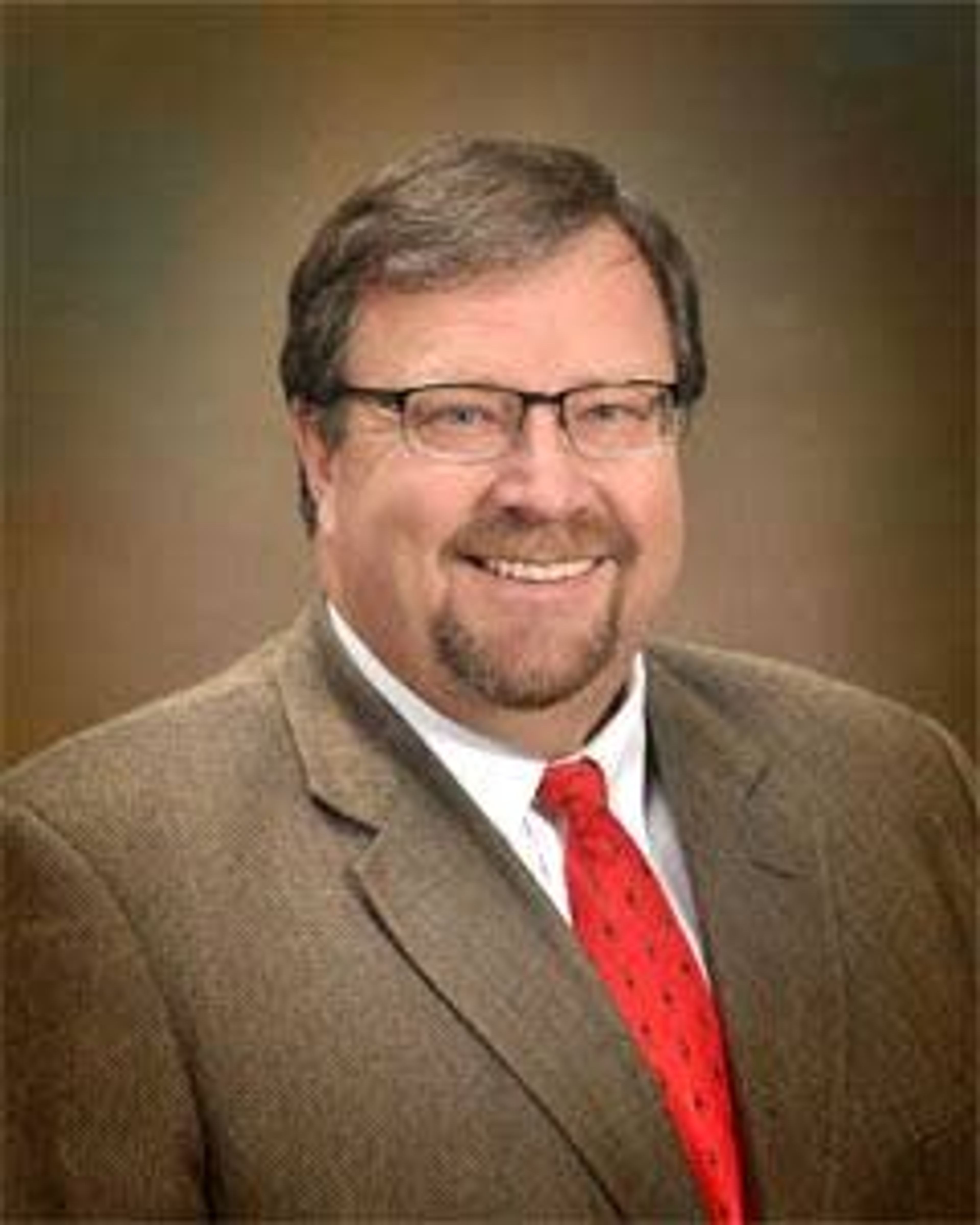Moscow 2021 budget expected to shrink
Proposed fiscal plan is $5.4 million less than current because of the pandemic
Moscow’s proposed fiscal 2021 budget, which starts Oct. 1, is expected to be about $5.4 million less than the current one the Moscow City Council approved last year because of negative effects caused by the coronavirus pandemic.
City Supervisor Gary Riedner said he does not recall the last time a Moscow budget dropped from one budget year to the next.
“I’m not sure we’ve ever had it go down,” said Riedner, noting that even in the Great Recession years of 2007 to 2009, the city budget stayed about the same.
Riedner presented the proposed $96.1 million budget to the Moscow City Council during a roughly five-hour budget workshop Tuesday at City Hall.
The council was receptive to the budget and a public hearing is set for the council’s next meeting at 7 p.m. Aug. 3 at City Hall.
The proposed budget calls for no increases in: property taxes other than new construction activity; sewer rates; sanitation rates; and the anticipated stormwater utility fee is expected to be delayed until fiscal 2022. A property tax levy of an estimated $5.34 per $1,000 of assessed valuation is proposed in the budget.
Non-personnel related operation budgets are proposed to be reduced by 10 percent from the current fiscal budget level.
A 10 percent holdback on appropriated operating expenditures of non-personnel related and contracted services expenses was implemented for the current budget in response to a slowing local, state and national economy, and the resulting expected reductions in state-shared revenues, including sales tax, revenue-sharing funds and motor vehicle taxes, according to a letter from Riedner to the Moscow City Council.
“This sets the tone for our ‘21 budget,” Mayor Bill Lambert said. “We got to be a slim, mean machine going into this thing.”
The letter stated employee salaries are proposed to be frozen at the fiscal 2020 level and no new full-time personnel requests will be approved, except filling vacant positions as needed or supporting reorganizations that would result in more efficient operations.
Major projects proposed in the 2021 budget include the construction of the new police station, which started this summer on the south end of town; the acquisition and remodeling of the Haddock Building, which is across the street and to the south of the Federal Building; and the repair and restoration of the masonry exterior on the Mann Building next to City Hall.
Moscow voters passed a $9.64 million general obligation bond in May 2019 to fund the construction of a new police station, renovation of the existing police station on Fourth Street to fit the city office needs now proposed at the Haddock Building and minor repairs to the Mann Building.
The Fourth Street building renovations were estimated to cost about $1.5 million, but the city would save $200,000 because the cost of acquisition and renovation of the Haddock Building is estimated at $1.3 million. The city council can choose to sell the Fourth Street building but it has not directed city staff to do that, so those potential revenues are not included in the proposed 2021 budget, Riedner said.
Other projects proposed next year are the Sixth Street bridge replacement, reconstruction on Lilly and First streets and safety improvements on Third and Sixth streets.
Tyler Palmer, deputy city supervisor of public works and services, said the rollout of 50 pedal-assisted electric bicycles in Moscow and the University of Idaho campus is now scheduled for the spring.
The rollout has been delayed several times for multiple reasons since August 2018, when the program was initially supposed to be implemented. The city and university are expected to split the cost of a $45,000, one-year dockless bike-rental pilot program.
Councilor Brandy Sullivan said she wanted to examine potentially increasing parking permit fees because the fees have decreased substantially over the years and the downtown parking study is no longer proposed in the upcoming budget.
Riedner said parking permit fees are typically used for parking lot improvements. Sullivan said she would like to use the potential fee increases to fund public parking signage improvements, which Riedner said would likely fall under parking lot improvements.
The Moscow City Council Administrative Committee will discuss the item further Monday.
Sullivan also asked Moscow Police Department Chief James Fry about his thoughts on moving some of his department’s money proposed to combat drug issues in the community to drug rehabilitation and prevention.
Fry said he would have to look at federal guidelines to see if he would be able to make such a move.
Councilor Maureen Laflin said instituting a more proactive approach by allocating funds to drug rehabilitation and prevention would lead to a greater respect for Moscow police.
“It’s a way of today, when everybody’s talking about criminal justice reform, that maybe thinking about allocating funds in some way, it shows our commitment to that,” she said.
Garrett Cabeza can be reached at (208) 883-4631, or by email to gcabeza@dnews.com.








